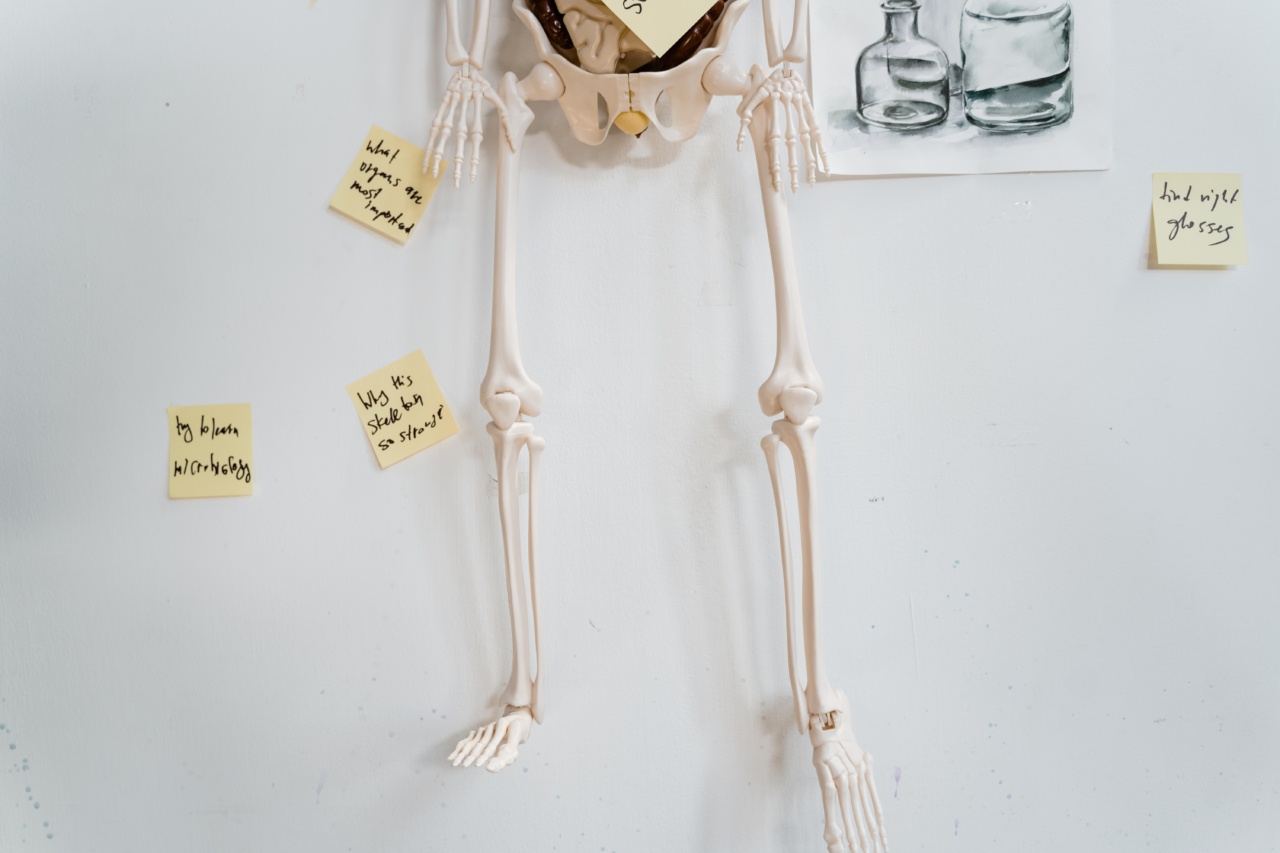We’ve all had it at some point – that overwhelming desire to just curl up and take a nap after a satisfying meal. Sometimes, it’s even hard to keep our eyes open while we’re still eating.
But why does this happen? What’s going on in our bodies to make us so sleepy after a meal?.
The Role of Carbohydrates
One factor that contributes to post-meal sleepiness is the type of food we eat. Carbohydrates, particularly those with a high glycemic index, can cause a rapid increase in blood sugar levels.
This spike in blood sugar triggers the release of insulin, which helps to move glucose out of the bloodstream and into our cells to be used as energy.
However, if there’s too much glucose in the bloodstream, the body releases more insulin than necessary, causing blood sugar levels to drop too low. This can lead to feelings of fatigue, drowsiness, and even irritability.
The Importance of Protein
While carbohydrates can contribute to post-meal sleepiness, protein can help counteract it. Protein takes longer to digest than carbohydrates, which means it provides a more sustained source of energy.
Eating protein with your meal can slow down the release of glucose into the bloodstream, preventing the sudden spike and subsequent drop in blood sugar levels.
Additionally, protein provides the body with the amino acid tryptophan, which is a precursor to the neurotransmitter serotonin.
Serotonin helps to regulate sleep and mood, so consuming foods high in tryptophan can lead to an increase in feelings of relaxation and contentment.
The Role of Fat
Fat also plays a role in post-meal sleepiness. Like protein, fat takes longer to digest than carbohydrates. However, unlike protein, consuming too much fat can actually increase feelings of drowsiness.
Fat triggers the release of a hormone called cholecystokinin, which can slow down digestion and make us feel full and satisfied. However, too much cholecystokinin can also stimulate the production of the hormone melatonin, which is responsible for regulating our sleep-wake cycle.
The Importance of Meal Size
The size of your meal can also contribute to post-meal sleepiness. Eating a large meal can make you feel tired simply because your body has to work harder to digest all that food.
Blood flow is redirected from the brain to the digestive system, which can cause feelings of drowsiness and decreased mental acuity. Additionally, consuming a large amount of calories can trigger the release of hormones that promote sleep, such as leptin and ghrelin.
The Role of Dehydration
Finally, dehydration can also be a cause of post-meal sleepiness. When we’re dehydrated, our blood volume decreases, which can lead to feelings of fatigue and lethargy.
Additionally, dehydration can contribute to a decrease in blood flow to the brain, which can make it harder to concentrate and stay alert.
Conclusion
Post-meal sleepiness is a common experience, but there are several factors that contribute to it. Eating foods high in carbohydrates or consuming large meals can cause fluctuating blood sugar levels that trigger feelings of drowsiness.
However, consuming protein and avoiding excessive amounts of fat can help counteract this effect. Additionally, staying hydrated can help keep your energy levels up and prevent feelings of fatigue.




























